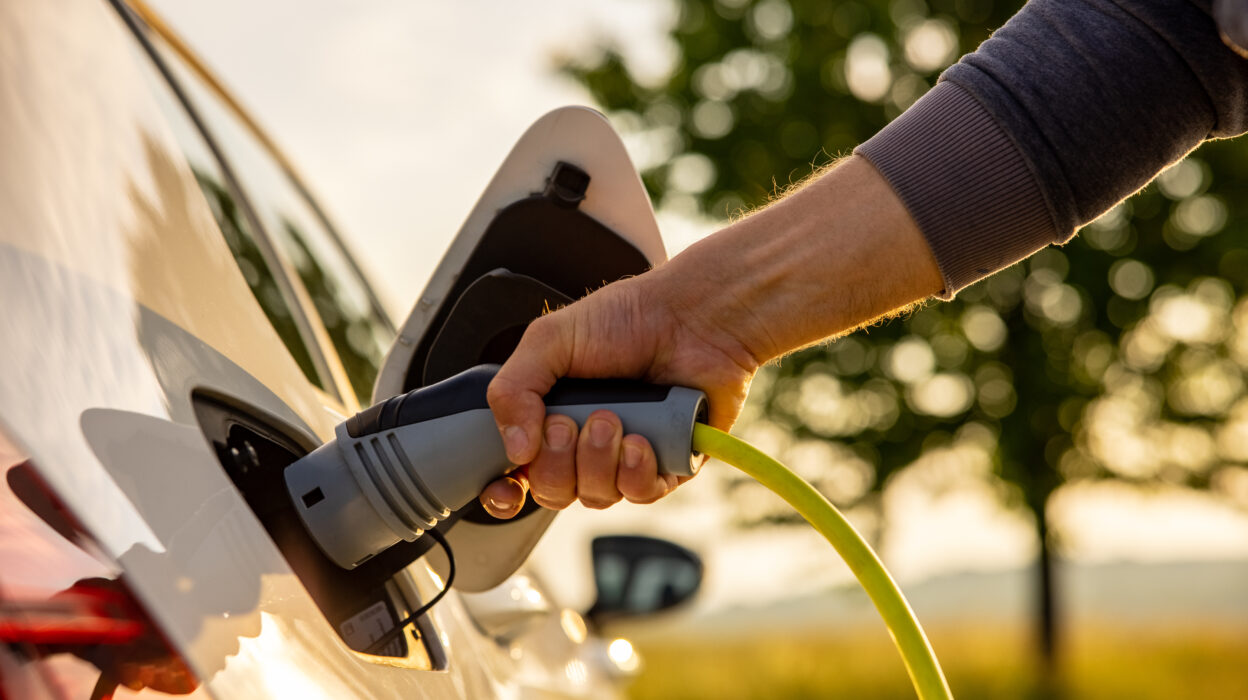In recent years, the automotive industry has experienced a significant shift driven by the rise of electric vehicles. As Canada sets its sights on phasing out the sale of combustion-engine passenger vehicles by 2035, automakers are racing to include more electric options, which promise lower emissions and reduced reliance on fossil fuels.
To understand shifts in consumer behaviour, The Globe investigated how its readers plan to buy cars in the future. The Globe Insiders panel surveyed represent a diverse range of Globe print and digital readers with a variety of car ownership preferences. In this article, we will delve into the factors influencing consumer purchasing decisions and the impact of EVs on the marketplace.
Insights into driving habits
Globe readers’ current driving habits reflect a varied landscape of vehicle ownership. The findings show that most Globe readers own a car, with 49% of respondents owning two or more. Among the vehicles our readers own, 91% are gasoline-powered, while only 9% are hybrid, and a smaller 8% are electric/plug-in hybrid electric.
Positive reports from electric vehicle owners
Despite the current low ownership rate of electric vehicles among Globe readers, those who have made the switch unanimously report satisfaction. They appreciate the benefits of lower operating and maintenance costs, efficiency, lower noise levels, and positive environmental impact. A significant 54% of respondents reported no issues with their electric vehicles, highlighting the overall positive experience.
However, respondents did report some problems. 25% experienced reduced range, and 8% encountered difficulties with charging. Many Globe EV drivers highlighted poor performance, particularly in cold weather, as a significant issue.
This feedback from EV owners gives insight into vital areas where the technology could be improved, especially with better batteries and more reliable charging options. These improvements are essential for increasing user satisfaction and encouraging broader adoption of EVs.
The growing appeal of electric vehicles
As the next two years unfold, a significant portion (31%) of Globe readers are setting their sights on purchasing vehicles, reflecting their active role in the evolving automotive market. With the increasing popularity of electric vehicles and market shifts, we explored the extent to which consumers are considering a switch to alternative energy vehicles.
The findings underscore a notable turn in consumer preferences, with 50% of respondents contemplating the purchase of a hybrid vehicle and nearly half (49%) considering a plug-in hybrid electric or electric vehicle. However, traditional internal combustion engine vehicles still hold sway, with 54% of readers favouring them.
Purchasing considerations for electric vehicles
When purchasing an EV, whether new or used, 51% of Globe readers would prefer a new vehicle, with most seeking a minimum range of 301 to 500 kilometres. Budget considerations play a significant role, as 68% would spend up to $70,000 on a new EV, while 31% are willing to invest over $70,000. Government incentives also influence purchasing decisions. Nearly half of Globe readers are familiar or very familiar with government rebate programs for buying new EVs.
However, though there has been an increased interest in EVs and their popularity is rising, 62% of respondents rate the accessibility of EV charging stations as poor or fair, demonstrating that there are still significant challenges for automakers to overcome before consumers feel more confident in the future of electric vehicles.
Brand market leaders across vehicle types
As the automotive market evolves, shifts in brand dominance for vehicle purchases planned over the next two years are becoming apparent. Toyota is the clear leader in gasoline (28%), hybrid (48%), and plug-in hybrid (51%) vehicle choices. However, the EV market presents a promising landscape, with Hyundai, Volkswagen, Toyota, Tesla, and Kia all vying for the top spot. This suggests a competitive market for EVs, unlike the hybrid segment where Toyota clearly dominates, and hints at the potential for significant growth in the EV sector.
Despite the growing popularity of EVs, there is a notable lack of awareness about newer EV brands. Polestar is the most recognized among emerging names, with 25% of respondents familiar with the brand, followed by Rivian (21%), Lucid (12%), and Vinfast (6%).
Summary
The automotive industry is rapidly evolving, and electric vehicles are here to stay. Consumers are actively embracing these changes, and although many still drive traditional internal combustion engines, the demand for electric vehicles is unmistakable and growing, driven by government rebates and lower operating costs. Still, many consumers are looking for more innovation and progress, particularly for increased driving ranges, better performance in winter conditions, and enhancements in charging infrastructure and accessibility.




